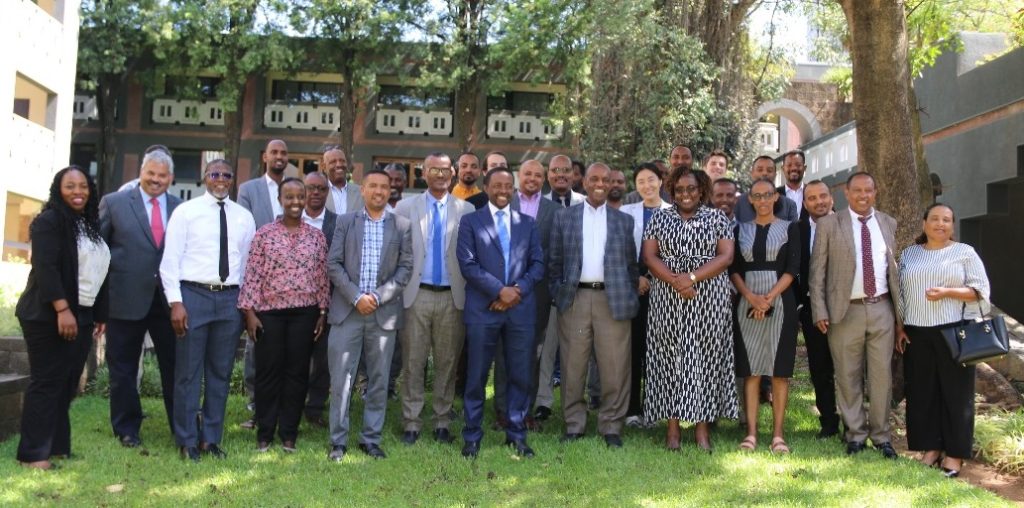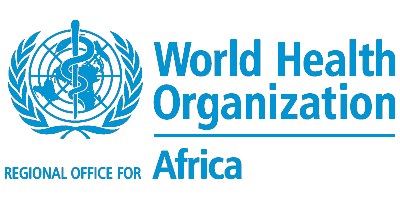Addis Ababa, Ethiopia – 21 March 2024: The Ethiopian National Centre of the African Health Observatory Platform on Health Systems and Policies (AHOP) held a policy dialogue on engaging the private health sector in the delivery of Ethiopia’s tertiary health care (THC) services on 21 March 2024 in Addis Ababa.
The dialogue was hosted at the Addis Ababa University (AAU) College of Health Sciences, the home of AHOP’s Ethiopia National Centre, in collaboration with the Ethiopian Federal Ministry of Health (FMOH) and the World Health Organization (WHO) Regional Office for Africa (AFRO) and Country Office for Ethiopia.
The dialogue aimed at informing the National Strategy on Private Sector Engagement that the FMOH has been reshaping with evidence and empirical information. The focus of the dialogue was to exchange knowledge on how previous private sector engagement impacted the provision of health services, particularly THC services, and to consider strategies to enable improved private sector engagement in THC service delivery in Ethiopia.
The dialogue facilitated inclusive discussions, networking opportunities, and strategic collaborations to help bolster health care systems and services through effective schemes on private sector engagement for health development. Discussions topics included regulatory frameworks, shared responsibilities, structural evaluations, and stakeholder mapping, underscoring the necessity for clear government roles, efficient coordination mechanisms, and robust quality assurance measures to ensure enhanced accessibility to quality health services for Ethiopian populations.
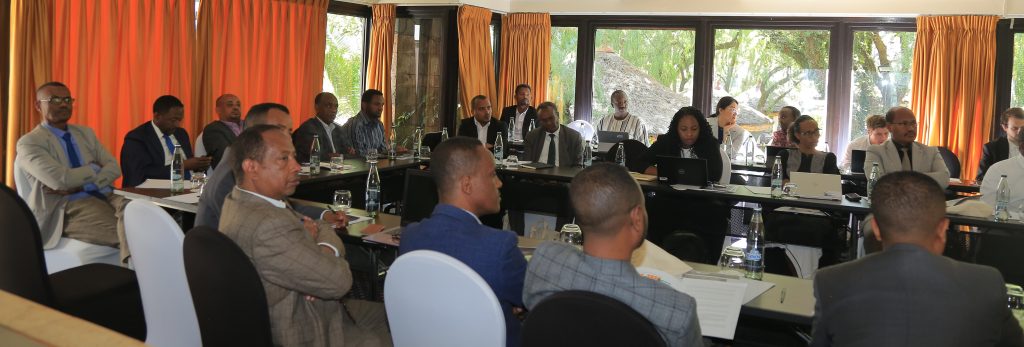
The dialogue provided illuminating national and regional perspectives on public-private sector partnerships in health care delivery from policymakers, practitioners, and researchers. Dr. Asnake Wakjira from the Ethiopian Ministry of Health underscored the persistent challenges in the health care sector and emphasized the pivotal role of private sector engagement. Dr. Samuel Kifle, AAU Interim President, emphasized the critical role of partnerships in advancing health care, while Dr. Bejoy Nambiar from the WHO Country Office for Ethiopia discussed bridging the gap between public and private sectors to achieve universal health coverage (UHC).

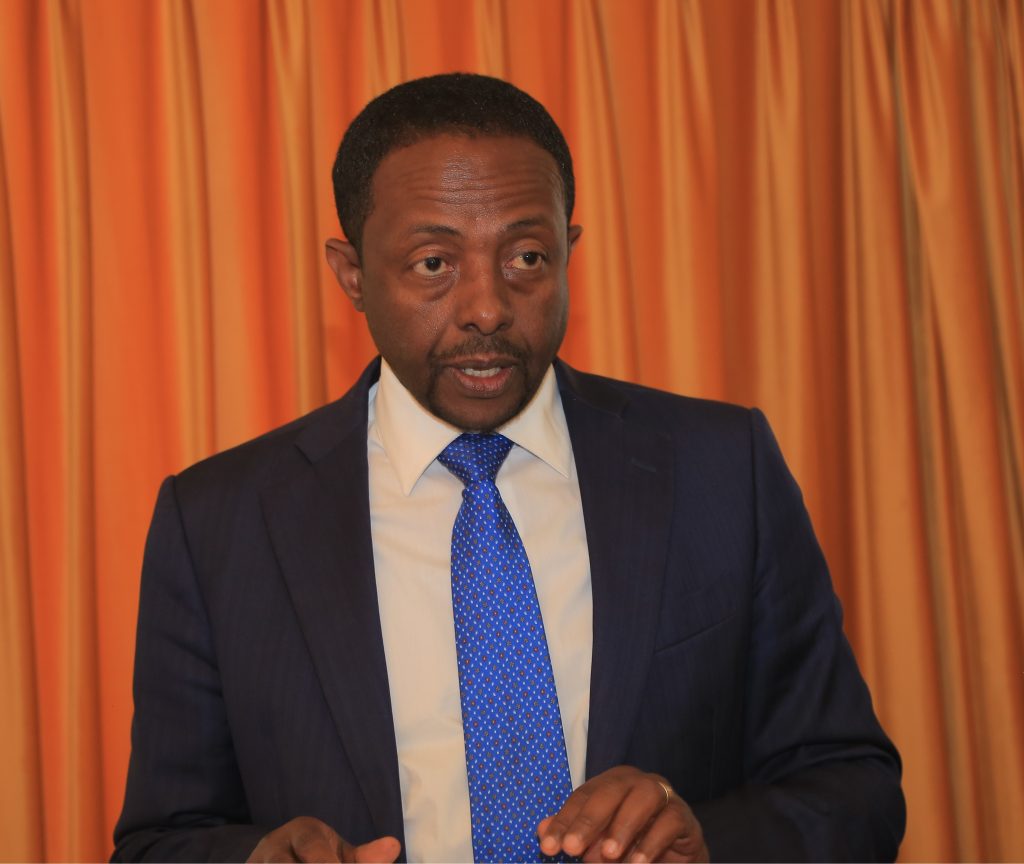
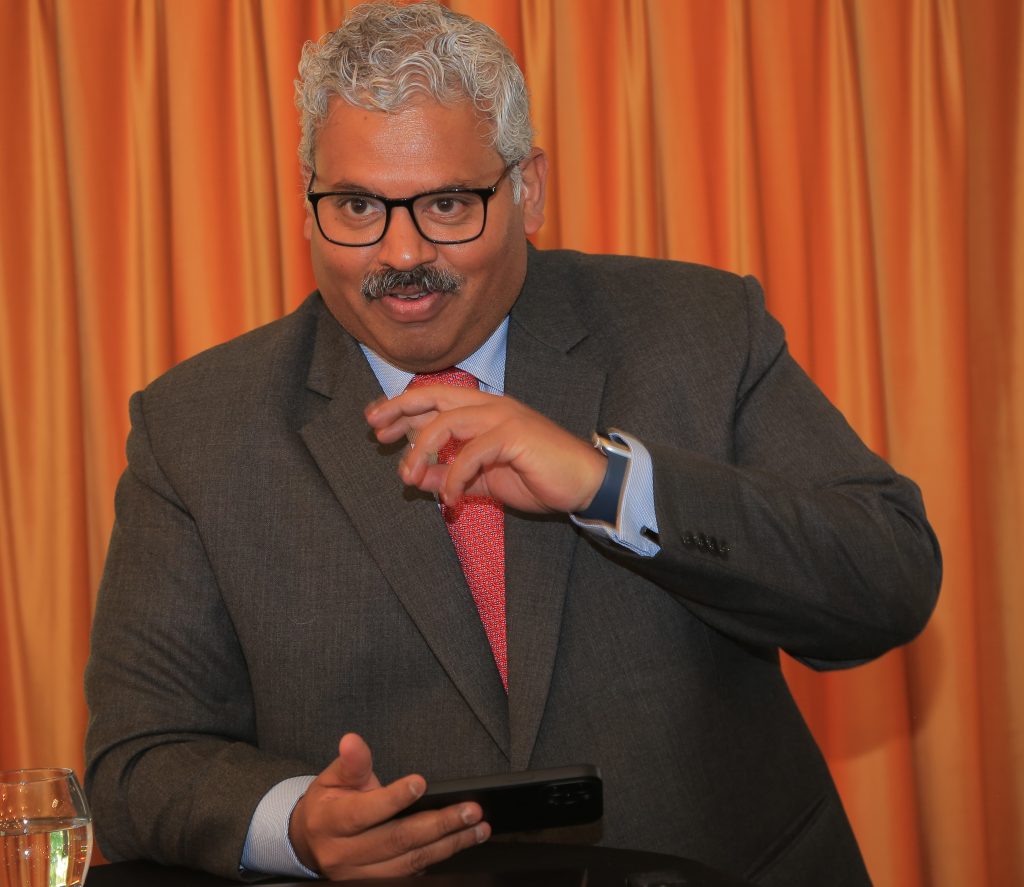
The AHOP Ethiopia National Centre presented evidence on private sector engagement in tertiary health care, addressing policy environments, challenges, and potential strategies for improvement. Additionally, the FMOH provided insights into the development of a comprehensive strategy to augment private sector engagement in Ethiopian health care.
Insights from diverse African countries, including Ghana, Togo, Sierra Leone, Senegal, Uganda, Nigeria, and Rwanda, emphasized collaboration and illuminated successful strategies for private sector engagement in health care delivery. The dialogue culminated with a resolute commitment to action, accentuating the importance of changing the way private service providers are perceived, nurturing relationships and collaboration, enhancing infrastructure and developing the workforce to elevate health care delivery in Ethiopia.
AHOP is a regional partnership to promote evidence-informed policy-making. The Platform is hosted by WHO AFRO and leverages existing national and regional collaborations to form a network of National Centres across the region, including in Ethiopia. AHOP policy dialogues focus on creating an environment for exchange of information, experience and recommendations among decision-makers, practitioners and researchers, and facilitate intervention-oriented discussions on targeted policy opportunities.

